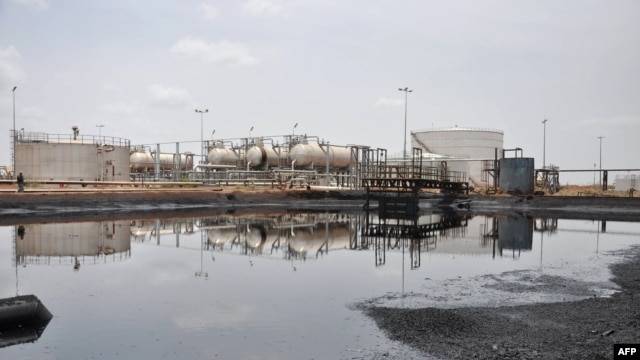(and theyre not too worried about global warming, either)
Why should these results of a Pew poll surprise anybody? Read more @ Harsanyi: Americans still want cheap oil (and they're not too nervous about global warming, either)
Why should these results of a Pew poll surprise anybody? Read more @ Harsanyi: Americans still want cheap oil (and they're not too nervous about global warming, either)



